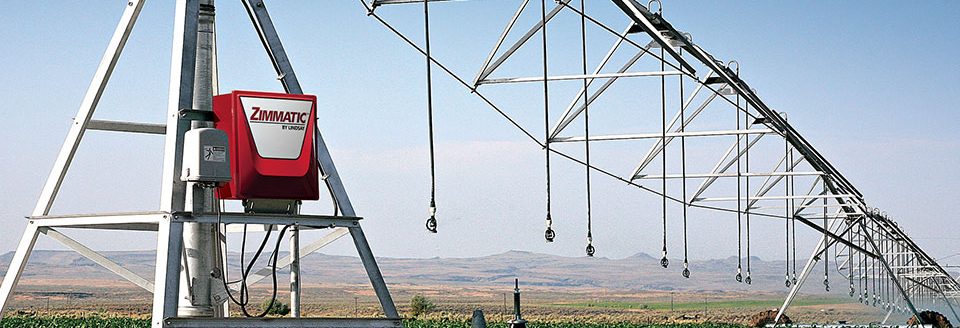Producers learn about regenerative ag at Scoular event

Topics ranging from soil health to cover crop systems and incentive programs were highlighted during a recent regenerative agriculture conference hosted by Scoular in Adrian, Missouri.
Over 40 producers attended the event, called “More than Dirt,” offered in collaboration with the University of Missouri Center for Regenerative Agriculture and the Natural Resources Conservation Service. The conference is part of Scoular’s Producer Strategy effort, which aims to help growers capitalize on opportunities and navigate challenges as the ag industry evolves.
Highlights included an NRCS rainfall simulator that showed how water soaks better into no-till soil with cover crops vs tilled soil without cover crops; a presentation on cover crops systems, and incentive programs for planting them; and a panel of producers discussing how they use regenerative ag practices.
“Scoular has long worked to help producers benefit from new opportunities to run their operations most effectively,” said Brian Ellis, a member of Scoular’s producer strategy team. “Our conference was another example of our company sharing expertise and knowledge with producers to help them make good decisions and thrive.”
Regenerative agriculture is a system of practices that can increase the carbon sequestered by soil, which results in both healthier soil and lower greenhouse gas emissions. Regenerative practices can include minimizing tillage, planting cover crops, increasing crop diversity, and incorporating livestock. Ellis said that while there are benefits to regenerative agriculture, challenges remain, such as the cost of buying seed for cover crops.
Macauley Kincaid, who farms in Jasper, Missouri, and participated in the conference’s producer panel, began using regenerative ag practices over five years ago. He said his land is 100% cover cropped and no-till, steps that have reduced rain runoff and erosion. Kincaid said that while there is growing awareness among producers about regenerative ag, more information is needed.


